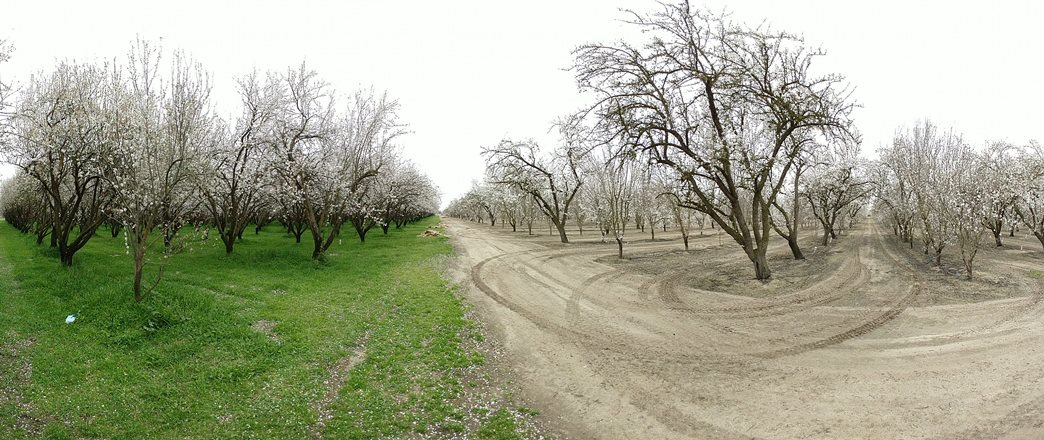On January 13, 2022, the Ecdysis Foundation announced the launch of a groundbreaking, multi-year project to use science, education, and monitoring to make agriculture more restorative in the next decade. The rigorous 1000 Farms Initiative will be the most ambitious, focused inventory of agroecology to date, evaluating the power of regenerative agriculture on a network of over 1000 farms.
“The 1000 Farms Initiative is one of the largest and most important agricultural research study ever conducted,” said Dr. Jonathan Lundgren, Director of the Ecdysis Foundation which is leading the study.
“For years, success stories about regenerative food systems and their potential for carbon sequestration, water retention, promotion of life, and profitability have been dismissed because critics insisted on data to ‘validate’ the impact of regenerative agriculture at a mass scale. This is that study,” he added.
Through the 1000 Farms Initiative, Ecdysis will measure how agricultural management practices influence water, soil health, carbon, biodiversity, and economics and profit for food producers.
Beginning with 500 farms in 2022 and expanding to 1000 by 2023, Ecdysis will complete full site inventories on farms that are in various stages of regenerative adoption. Data will then be analyzed to show producers the health of their land, how their land compares with others, and how to incorporate regenerative methods into their agricultural production.
“Regenerative agriculture sits at the intersection of a healthy environment, productive farming, and social and economic health and resilience. The many moving parts at that nexus require appropriate science to understand the system-level interactions of farms, and to develop and deliver relevant, forward-thinking solutions to growers,” continued Lundgren. “Regenerative practices are implemented at the level of individual farms, but the solutions and their delivery need to reach growers and be implemented on a national level. That is why we are embarking on the 1000 Farms Initiative.”
The study has two primary goals:
- Test whether regenerative farming works, regardless of where you live or what you grow.
- Developing roadmaps that farmers can use to successfully transition to regenerative production.
By 2023 the 1000 Farms Initiative will be conducting full ecosystem and economic inventories on 1000 farms annually; by 2025 the goal is to use partnerships, demonstrations and education curricula to extend the reach of the research to over 600,000 food producers. The study will include every region of the United States, and farmers and producers at varying levels of regenerative adoption.
Since its founding in 2016, Ecdysis Foundation has been developing new technologies, procedures, and partnerships intended to generate, analyze, interpret, and share an unprecedented amount of farm-and landscape-level data. To support this initiative, a detailed and multifaceted communications strategy has been developed for disseminating farm-level results to agricultural communities to inspire change. A systems-level monitoring program will establish the local, regional, and national impacts of this initiative on soil health, biodiversity, and farm prosperity.
“To save our planet, we must change our food system, and our initiative will produce the continent-scale data necessary to change national policies,” concluded Lundgren. “We believe this study will have an extraordinary impact on everything from how consumers eat to how policies and funding are directed.”
The Ecdysis Foundation is currently seeking farm sponsors, and farmers to participate in an initial study, laying the groundwork for further research on 500 farms in 2022.
Photo of almond grove courtesy of Ecdysis Foundation.

